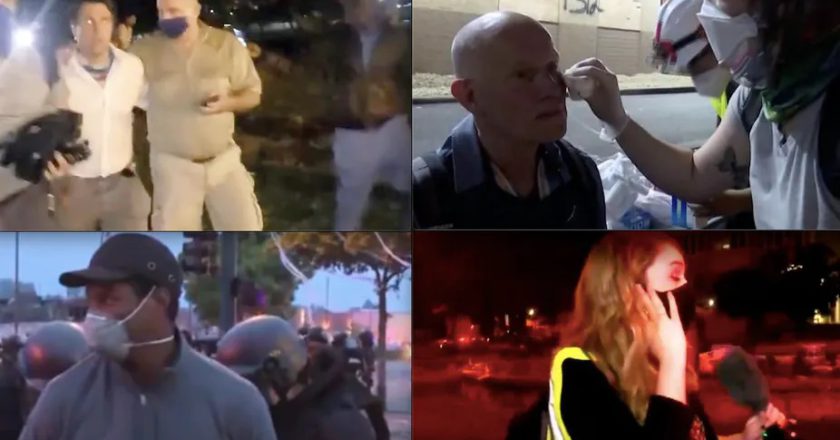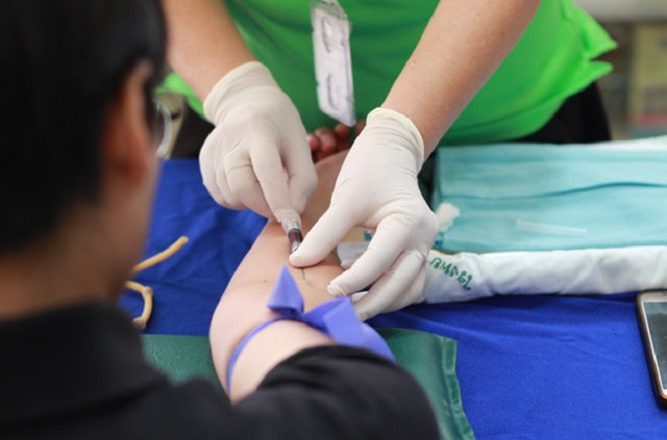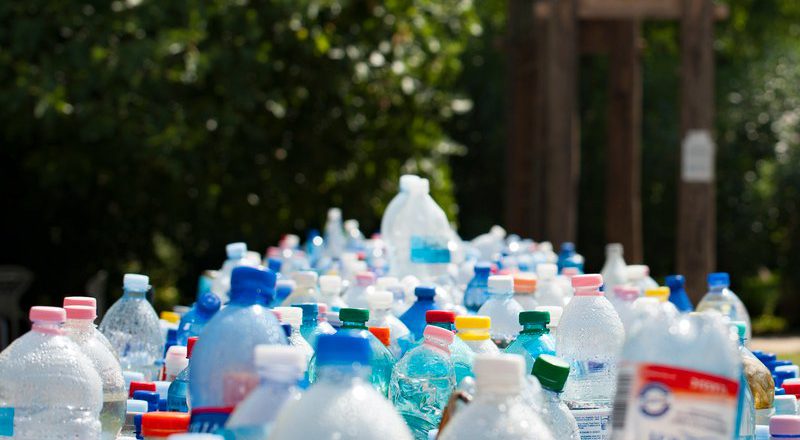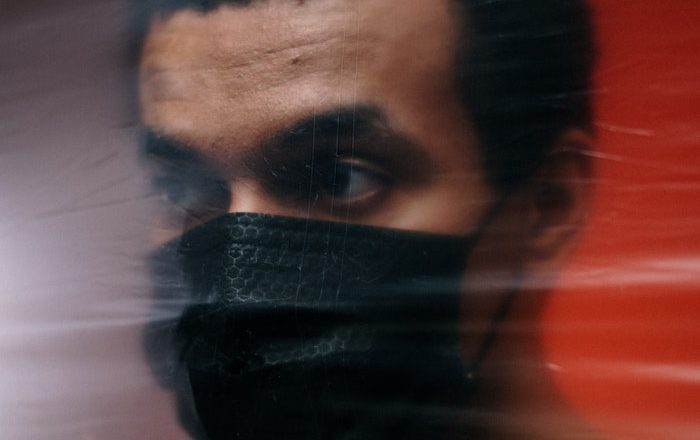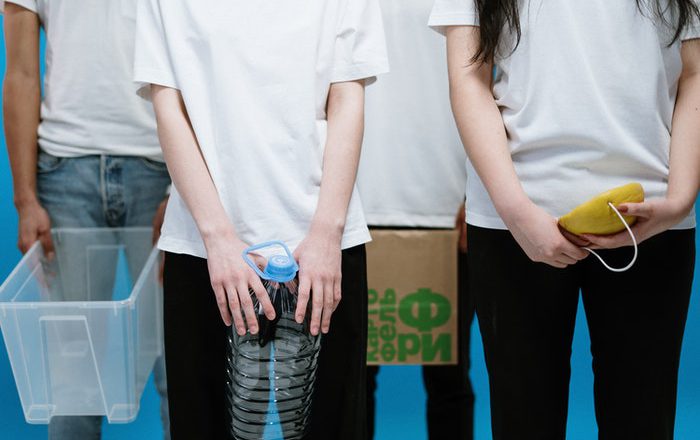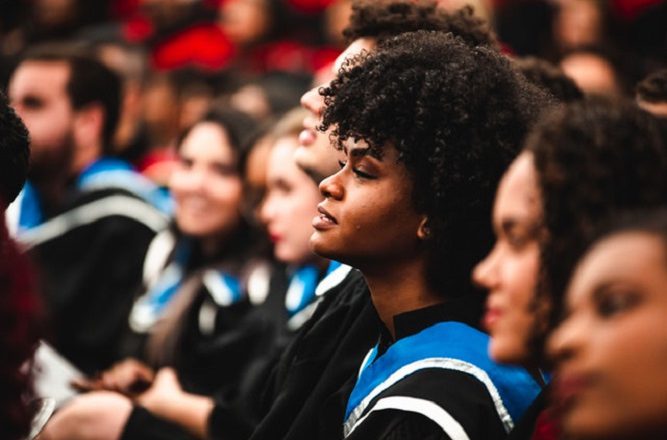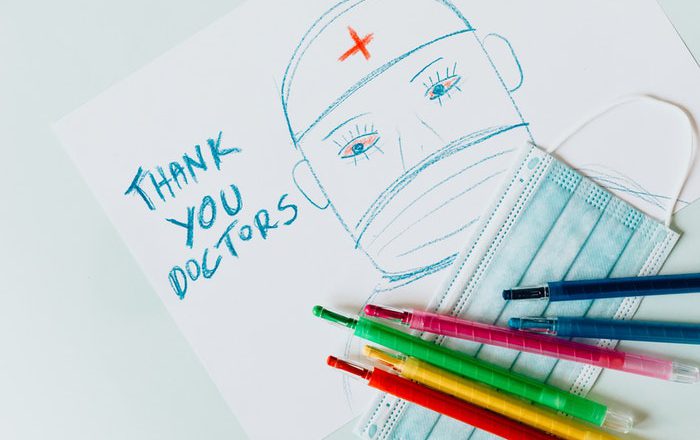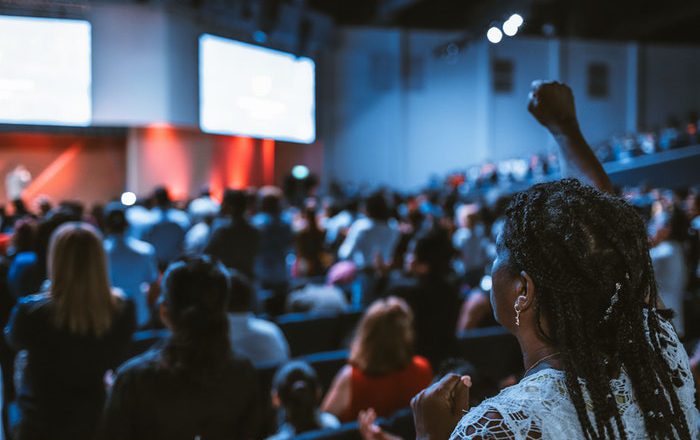Ending the pandemic will take global access to COVID-19 treatment and vaccines – which means putting ethics before profits
As COVID-19 surges in the United States and worldwide, even the richest and best insured Americans understand, possibly for the first time, what it’s like not to have the medicines they need to survive if they get sick. There is no coronavirus vaccine, and the best known treatment, remdesivir, only reduces hospital recovery time by 30% and only for patients with certain forms of the disease.
Poorer people have always had trouble accessing essential medicines, however – even when good drugs exist to prevent and treat their conditions.
In the U.S., where there is no legal right to health, insurance is usually necessary for medical treatment. Remedesivir costs about US$3,200 for a typical treatment course of six vials, though critics argue its manufacturer, Gilead, could make a profit off m...

